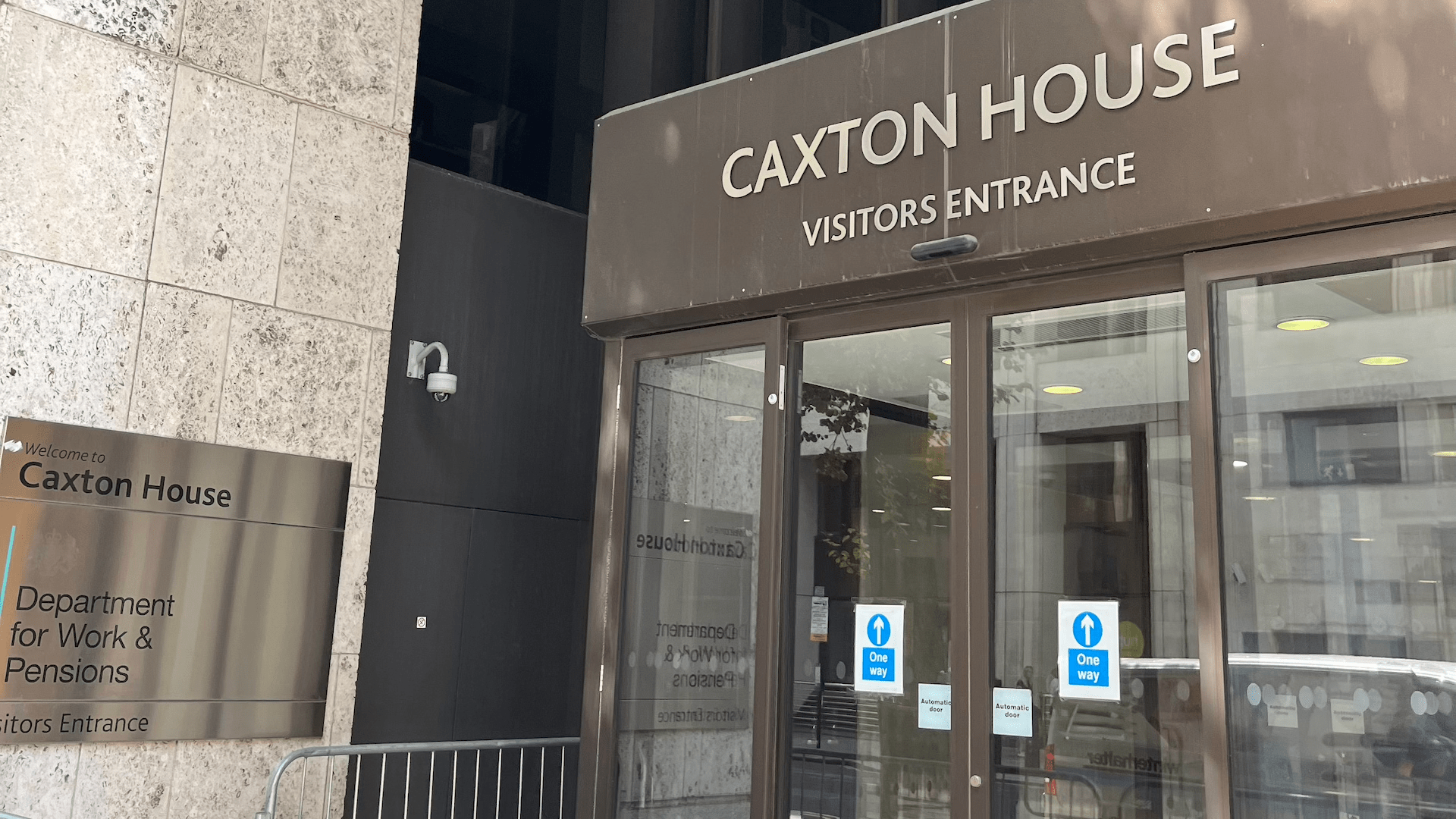As Keir Starmer resets his government’s missions, the UK faces a crisis that cuts to the heart of our economy: a health emergency in the workplace. While addressing NHS waiting lists is vital, they must go further. If the UK economy is to grow and working people are to truly feel better off, workplace health must take centre stage.
Whether you live in Middlesbrough or Maidstone, you likely know someone struggling with a health condition or poor mental health that makes working difficult. In the last year, on average, 128 people per day became economically inactive due to ill health, bringing the total to a near record 2.78 million. For individuals it is a personal loss, keeping them out of jobs that provide financial independence, confidence and purpose. But the stakes are just as high for the economy.
The government has acknowledged this, calling it a “national priority” with a plan to grow the labour market by two million people. But hidden within the reams of pages of policy promises, is a small pledge to review how ministers and employers can ‘Keep Britain Working’. It is perhaps not a headline-grabbing political promise that wins elections, but it could prove pivotal to improving the lives of working people and creating a growing economy.
- People with disabilities and ill health more likely to leave work, study finds – the DWP must fix this
- Labour warned against ‘scare tactics’ after revealing Jobcentres reform plan to ‘get Britain working’
Early interventions are key to tackle health challenges at work
Health issues do not affect all workers equally. Older workers, working-age women and people with lower education attainment are more likely to have work-limiting conditions than their counterparts.
The Work Foundation’s study found that nearly one in 10 workers who experienced a decline in health left work within four years. What’s worse, almost half of these exits occurred within the first year of their health decline.
Much of the current conversation around workforce health focuses on policies supporting individuals get back to work after ill-health, such as sick pay. While important, these often come too late. Early interventions, delivered before workers leave their jobs or even become ill, could prevent unnecessary exits and provide support when it’s most effective.










